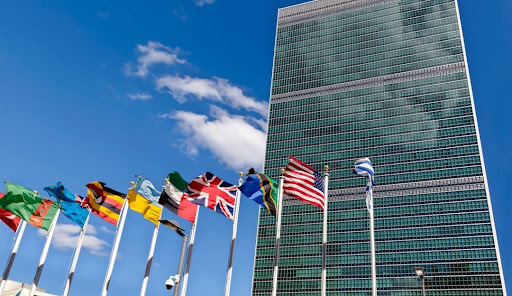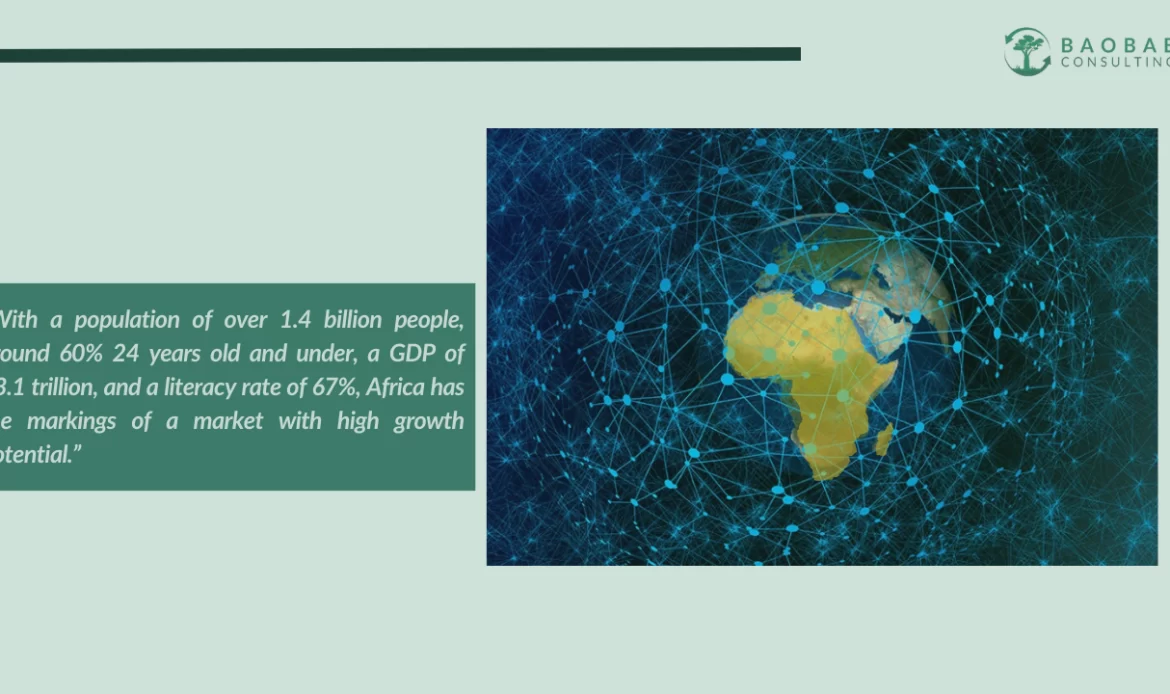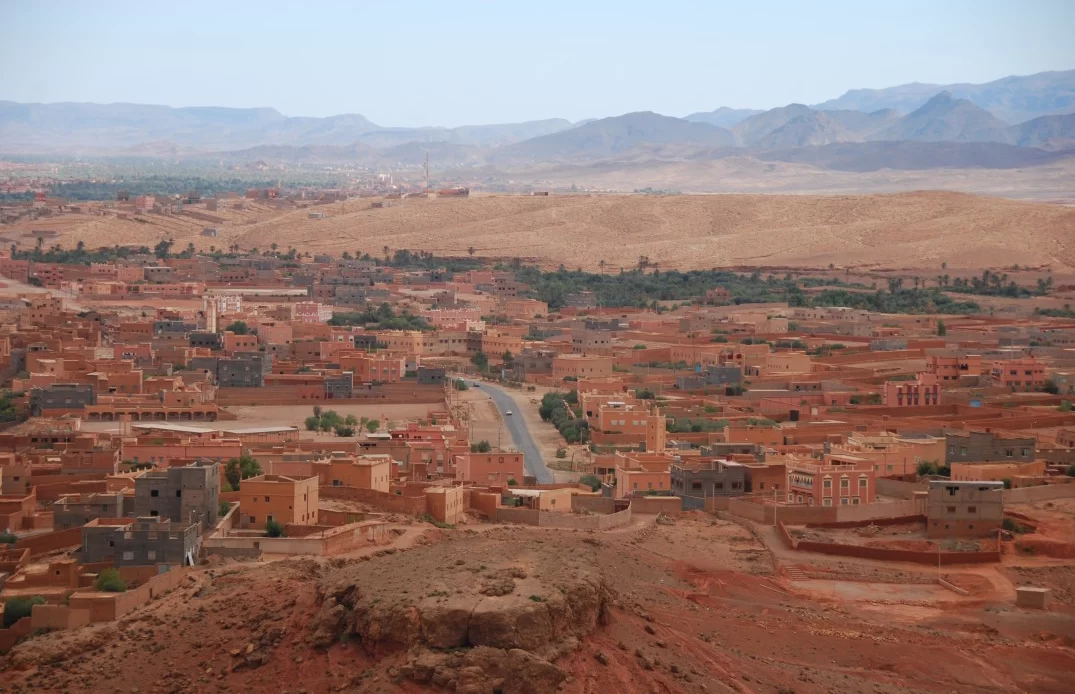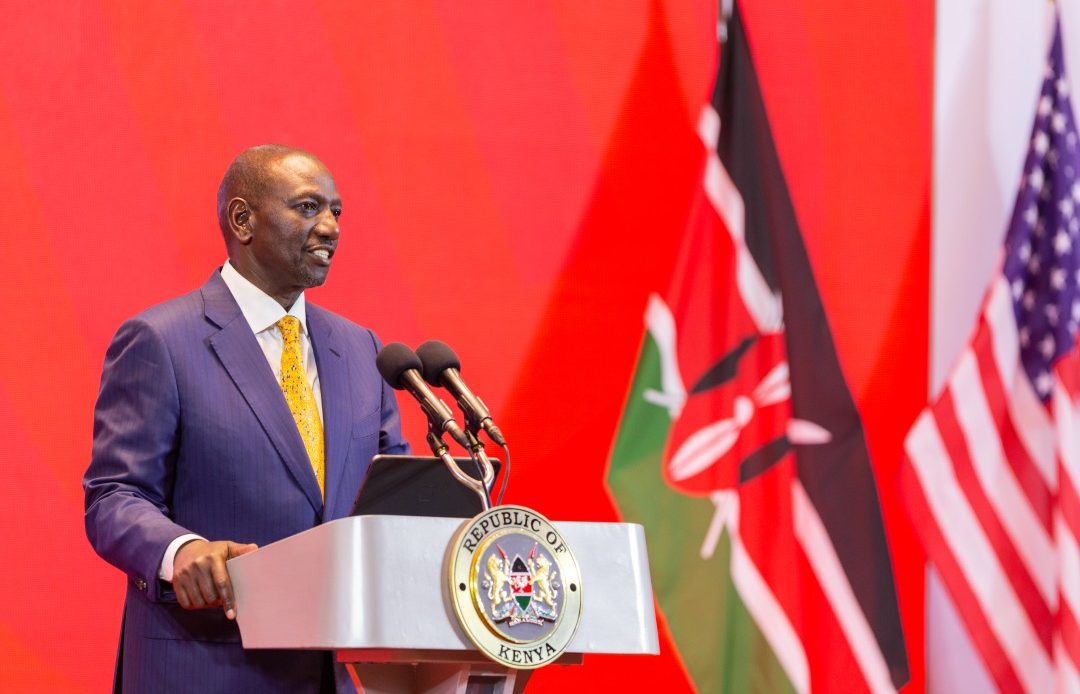uly 19th will see the culmination of almost one month of football excellence on the continent of Africa. Typically held during the winter months, this year’s edition of the African Cup of Nations took place this summer in Egypt. Egypt is the most successful team in the tournament’s history, having won the championship seven times. This year, The Pharaohs were knocked out in the round of 16, as were the defending champions Cameroon. Two francophone nations, Senegal and Algeria will vie for this year’s championship.
Led by Manchester City’s Riyad Mahrez and Galatasaray’s Sofiane Feghouli, Algeria knocked off Guinea, Côte d’Ivoire, and Nigeria in route to the final. They will face a Senegalse side led by Liverpool’s Sadio Mané and Moussa Konaté, who plays for the French side Amiens. Les Lions de la Téranga took out Uganda, Benin, and Tunisia to find their place in the championship game.
The matchup of Senegal and Algeria as well as that of the consolation match between Tunisia and Nigeria have many interesting dichotomies and avenues to explore.
Players Don’t Play in Africa
Of the ninety-two players on these four teams, only fourteen play professionally on the continent. This is not a new phenomenon, African talent typically seeks to play outside of the continent as delayed wage payments, player safety, and lack of contractual agreements make playing on the continent a
The Diaspora Effect
In a sport where players can represent the countries of their parents or grandparents even if it is not their own, all four teams draw heavily from the diaspora. Mahrez, and 13 of his Algerian teammates were born abroad, as were nine Senegalese and nine Tunisian players. Most of these players were born in France, which is also an attractive destination for these players when they look for professional opportunities. 87 players in the entire tournament play in the French professional system, dwarfing the next largest groupings of players by country – 46 play in South Africa and 43 in England. This phenomenon is less prominent for the Nigerian side- only three squad members were born abroad.
Regional disparities affecting representation
North African and West African countries have dominated the CAN throughout its existence, having won 19 of the 32 championships possible. This year, only 4 of the 16 teams to make it out of the group stage represented the Central, Eastern, and Southern regions of the continent. Algerian sports writer Maher Mezahi explored the
Egyptian Atmosphere
Mezahi also highlights the raucous atmosphere of stadiums in Tunis, Algiers, Cairo and Casablanca as being intimidating and uncomfortable for visiting players from the rest of the continent. This edge probably transcends the club level and is present in the national
level as well. Egyptian authorities have made it difficult for African press, let alone African supporters, to enter the country for the tournament Combined with the price of air travel to Egypt being substantially cheaper for neighboring nations than it is from the rest of the continent, North African countries have experienced strong fan support throughout the tournament.
This will continue in the final, as Egyptian authorities have worked with their Algerian counterparts to facilitate the presence of Desert Fox supporters. According to La Minute, entry to the Cairo International Stadium,where the final will be held will be free for Algerians so long as they present a passport. This has not phased Senegalese supporters one bit. Many commentators have made ‘similar statements – “Plus il y aura d’algérien sur les tribunes, plus la défaite sera encore plus lourd!”
Football is always so much more than a game, especially at the international level. A win for Algeria would be





